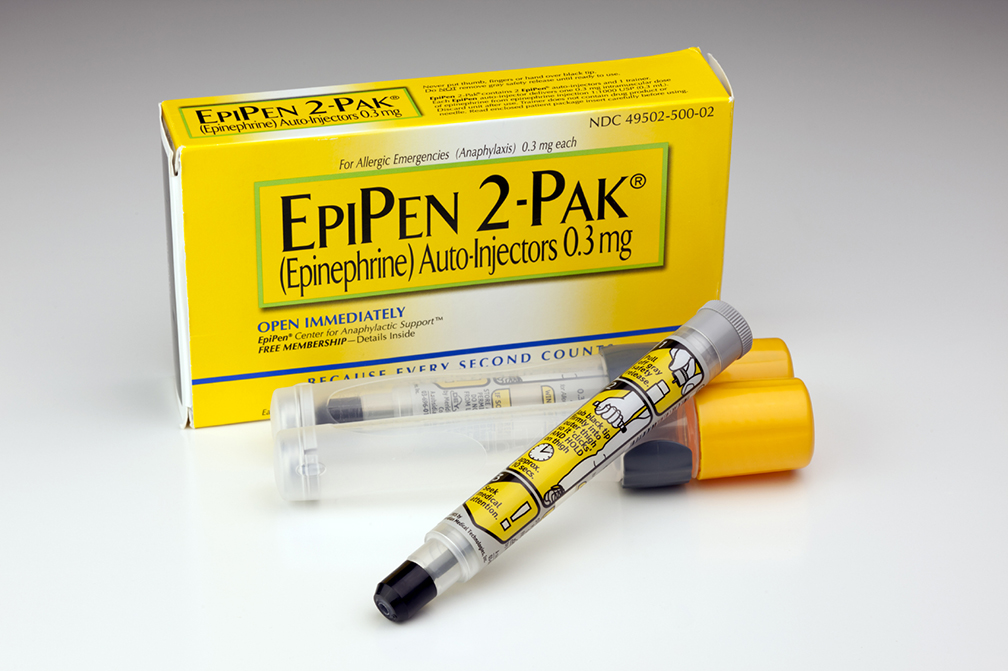When Severe Allergic Reaction Is in Doubt, Experts Suggest Using Epinephrine
Even when emergency physicians aren’t 100% sure a person is suffering from a severe allergic reaction (such as one that leads to anaphylaxis), experts agree that epinephrine should be used as a precaution.
An article in the Annals of Allergy, Asthma and Immunology, the scientific publication of the American College of Allergy, Asthma and Immunology (ACAAI), highlights recommendations from a panel discussion among allergists and emergency physicians. The panel of experts examined barriers to emergency care for anaphylaxis and discussed ways to encourage appropriate prompt treatment, including the use of epinephrine for all severe allergic reactions.
“Our emergency medicine colleagues told us that if patients don’t fit established guidelines for anaphylaxis, there may be reluctance in the emergency room to treat with epinephrine,” said allergist Stanley Fineman, MD, ACAAI past president, and chair of the panel. “Because epinephrine is the first line of defense in treating anaphylaxis, the panel agreed it should be used — even if a patient’s reaction may not meet all the established criteria. The consequences for not using epinephrine when it’s needed are much more severe than using it when it might not be necessary.”
The panel also agreed that epinephrine should be given to patients at risk of an anaphylactic reaction based on a previous severe reaction or those who have had a known or suspected exposure to their allergic trigger, with or without the development of symptoms.
“We want emergency medical personnel, as well as people who have had or are at risk for having severe allergic reactions to know there is no substitute for epinephrine as the most important tool for combatting anaphylaxis,” said allergist Paul Dowling, MD, ACAAI member and panelist. “Antihistamines and corticosteroids should not be given instead of epinephrine because they don’t work fast enough.”
The other crucial message highlighted by the panel is that anyone seen for anaphylaxis in the emergency room needs to be referred to an allergist to schedule a follow-up visit.
Source: American College of Allergy, Asthma, and Immunology. “Even if severe allergic reaction is in doubt, epinephrine should be used, experts say.” Aug. 6. 2015. News brief content edited for length.







